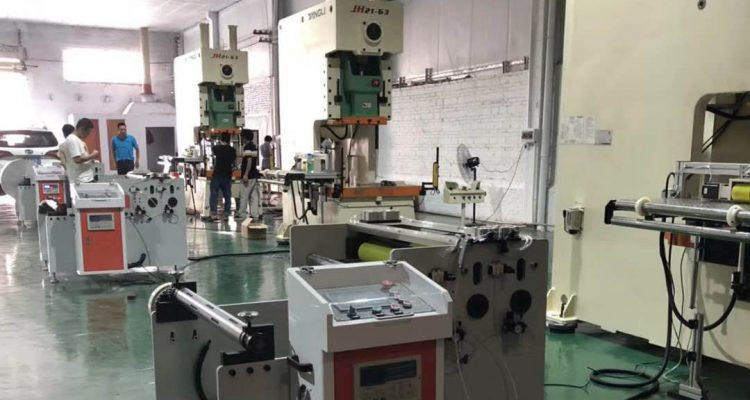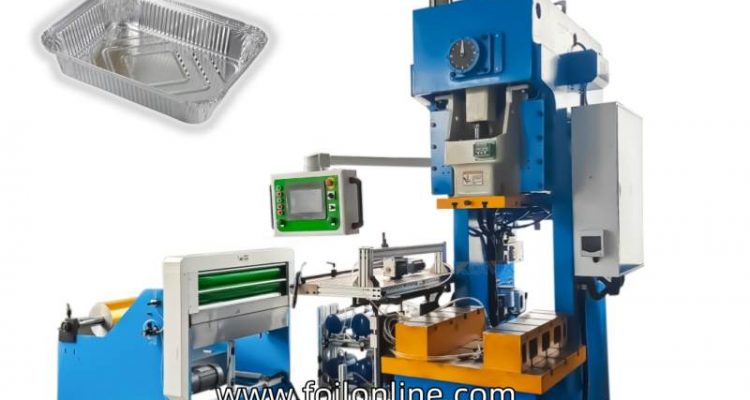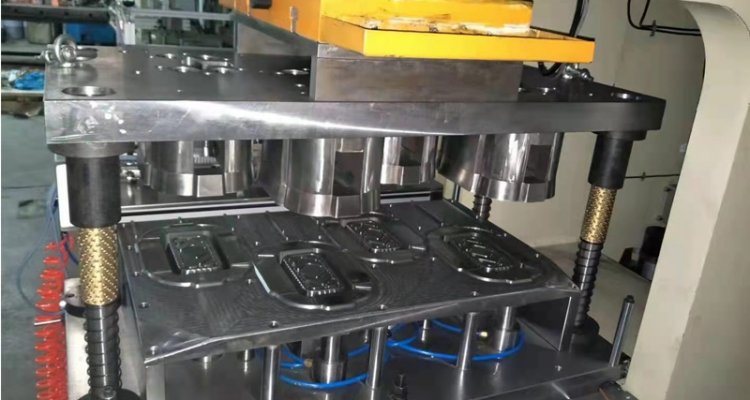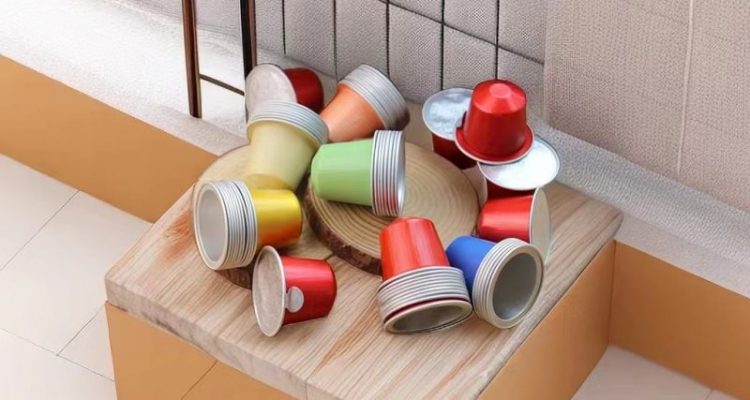
How Are Aluminum Foil Container Making Machines Changing the Food Industry Landscape?
Introduction
In the modern food industry, packaging plays a crucial role in ensuring the safety, quality, and longevity of food products. Among the various packaging solutions available, aluminum foil containers have emerged as a popular choice due to their versatility, durability, and ability to preserve the freshness of food. This article explores the historical evolution, technological advancements, economic impacts, and environmental considerations associated with aluminum foil container-making machines, and their overall impact on the food industry.
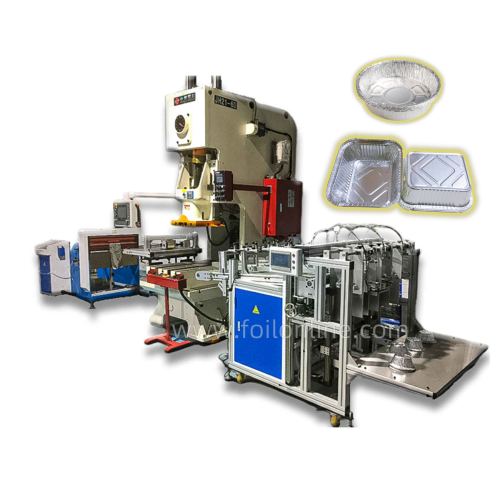
Overview of the Role of Packaging in the Food Industry
Packaging serves multiple functions in the food industry. It protects food from contamination, extends shelf life, provides convenience, and helps in branding and marketing. Effective packaging can significantly reduce food waste and ensure that products reach consumers in optimal condition. With changing consumer lifestyles and growing demand for convenience, the packaging industry continues to innovate and evolve, adopting materials and technologies that enhance functionality and sustainability.
Introduction to Aluminum Foil Containers
Aluminum foil containers are versatile packaging solutions made from thin sheets of aluminum. These containers are widely used in the food industry for their numerous beneficial properties. Let’s delve into what makes aluminum foil containers a popular choice for food packaging.
Aluminum foil containers are widely used in the food industry for packaging, storing, and transporting food. These containers are made from thin sheets of aluminum, which can be easily molded into various shapes and sizes. They are valued for their ability to withstand high temperatures, maintain food quality, and provide an excellent barrier against light, moisture, and oxygen.
Composition and Structure
Aluminum foil containers are crafted from high-quality aluminum alloy, which is rolled into thin sheets and then molded into various shapes and sizes. The containers can range from simple trays and dishes to more complex forms, depending on the specific needs of the food product being packaged. The aluminum sheets are typically coated or laminated to enhance their durability and resistance to corrosion.
History of Aluminum Foil Containers
Aluminum foil was first introduced in the early 20th century as a packaging material. Its initial applications were primarily in wrapping chocolates and candies. Over time, the use of aluminum foil expanded to include a wider range of food products, thanks to its superior properties compared to other materials like tin foil. By the mid-20th century, aluminum foil had become a staple in kitchens and food manufacturing plants around the world.
Evolution from Manual to Automated Container Making
Initially, aluminum foil containers were produced manually, which was a labor-intensive and time-consuming process. As demand for these containers grew, the need for more efficient production methods became apparent. The development of automated aluminum foil container making machines revolutionized the industry by significantly increasing production speed, improving consistency, and reducing labor costs. These machines automated the process of feeding, forming, trimming, and stacking the containers, making large-scale production feasible.
The Technology Behind Aluminum Foil Container Making Machines
Aluminum foil container making machines are sophisticated pieces of equipment designed to automate the entire production process. The basic components of these machines include a foil feeder, a press for forming the containers, trimming tools, and a stacking unit. The foil feeder unwinds the aluminum foil from a roll and feeds it into the press, where it is shaped into containers using dies and molds. The trimming tools then remove any excess material, and the finished containers are stacked and ready for packaging.
Key Technological Advancements
Recent advancements in technology have further enhanced the efficiency and capabilities of aluminum foil container making machines. Innovations such as computer numerical control (CNC) systems, servo motors, and precision sensors have improved the accuracy and speed of the manufacturing process. These advancements allow for the production of containers with complex shapes and intricate designs, catering to the diverse needs of the food industry. Additionally, modern machines are equipped with features that minimize material wastage and energy consumption, contributing to more sustainable production practices.
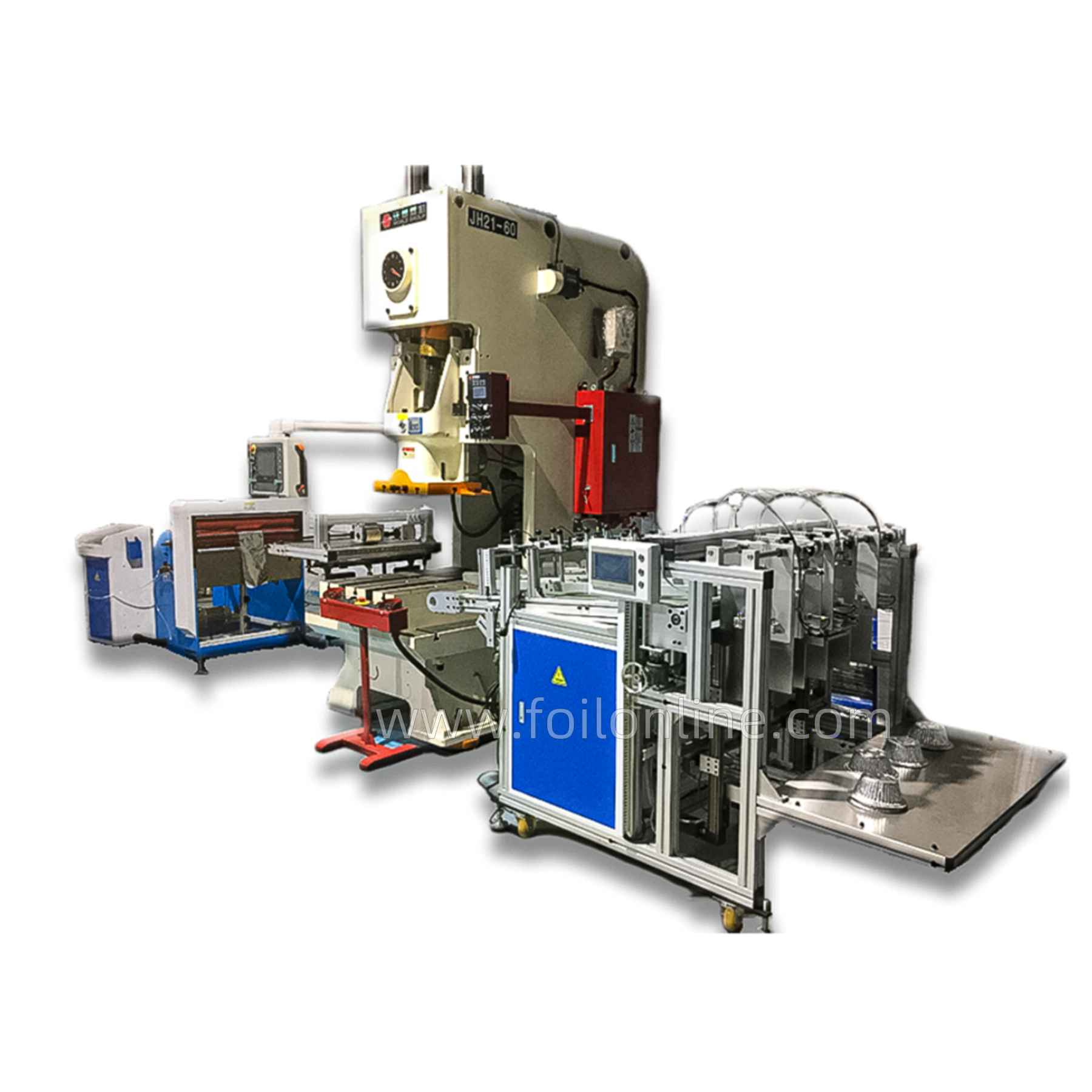
Benefits of Aluminum Foil Containers in Food Packaging
Aluminum foil containers offer a myriad of advantages that have contributed to their popularity in the food industry. These benefits range from their ability to preserve food and extend its shelf life, to their safety and hygiene properties. Additionally, aluminum foil containers are cost-effective, making them an economically viable option for businesses.
Preservation and Extended Shelf Life
One of the primarybenefits of aluminum foil containers is their ability to preserve the freshness and quality of food. Aluminum foil acts as an effective barrier against light, moisture, and oxygen, preventing the growth of bacteria and other microorganisms. This helps in extending the shelf life of food products, reducing the risk of spoilage, and ensuring that consumers receive safe and high-quality food.
Safety and Hygiene
Aluminum foil containers are known for their safety and hygiene properties. They are non-toxic and do not react with food, making them ideal for packaging a wide range of products. The use of aluminum foil containers also minimizes the risk of contamination, as they can be tightly sealed and are resistant to leakage. Furthermore, aluminum foil can withstand high temperatures, allowing for safe use in ovens and microwaves.
Economic Impact on the Food Industry
The adoption of aluminum foil containers has significantly influenced the economic landscape of the food industry. These containers not only offer cost savings but also enhance operational efficiency. By reducing packaging costs and streamlining production processes, aluminum foil containers contribute to the financial health of food businesses.
Cost-Effectiveness of Using Aluminum Foil Containers
The use of aluminum foil containers offers significant cost benefits to the food industry. These containers are relatively inexpensive to produce, especially with the advent of automated manufacturing machines. The high durability and protective qualities of aluminum foil also reduce the need for additional packaging materials, further lowering costs. For businesses, the ability to purchase containers in bulk at competitive prices translates to substantial savings in packaging expenses.
Impact on Operational Efficiency
Automated aluminum foil container making machines have a profound impact on operational efficiency in the food industry. These machines enable high-speed production, allowing manufacturers to meet large orders in a short time frame. The automation of the production process reduces the reliance on manual labor, minimizing the risk of human error and ensuring consistent quality. As a result, food manufacturers can achieve higher productivity and efficiency, ultimately leading to increased profitability.
Environmental Considerations
In addition to their practical and economic benefits, aluminum foil containers also offer notable environmental advantages. As sustainability becomes an increasingly important factor in the food industry, the eco-friendly nature of aluminum foil is a significant consideration.
Sustainability of Aluminum Foil
Aluminum foil is a sustainable packaging material due to its recyclability. Aluminum can be recycled indefinitely without losing its properties, making it an environmentally friendly choice. The recycling process for aluminum foil requires significantly less energy compared to the production of new aluminum, resulting in lower carbon emissions. This contributes to the reduction of the overall environmental footprint of the food packaging industry.
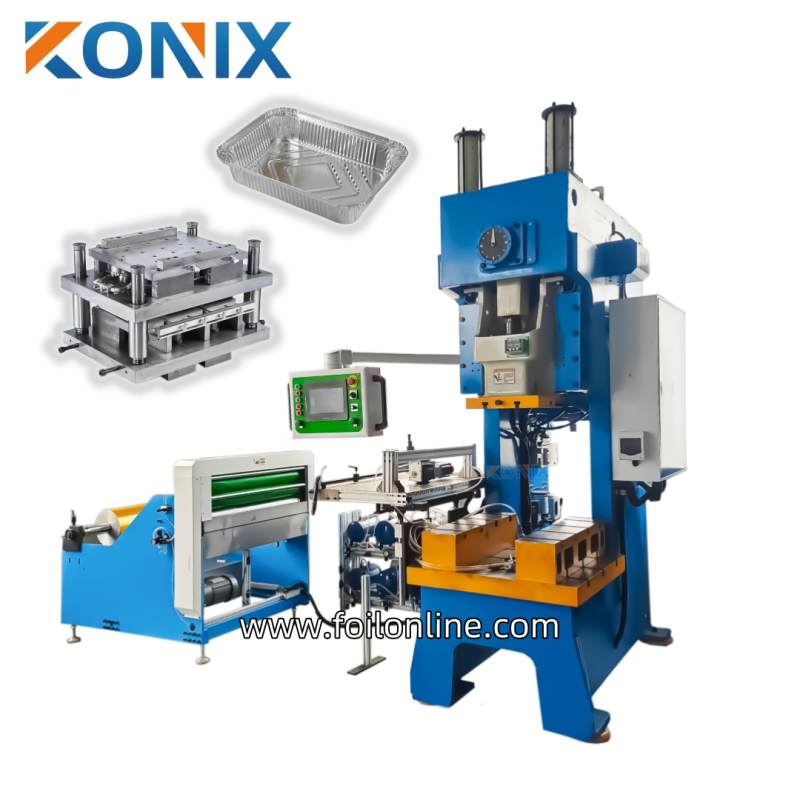
Recycling and Waste Management
Effective recycling and waste management practices are essential for maximizing the environmental benefits of aluminum foil containers. Many food manufacturers and consumers are increasingly aware of the importance of recycling aluminum foil and are taking steps to ensure proper disposal and recycling. By promoting recycling initiatives and adopting eco-friendly practices, the food industry can contribute to a more sustainable future.
Real-World Examples of Businesses Benefiting from These Machines
Several businesses have successfully integrated aluminum foil container making machines into their operations, reaping significant benefits. For instance, a large bakery chain in Europe implemented automated aluminum foil container production to package their baked goods. This transition not only improved their production speed and efficiency but also enhanced the freshness and presentation of their products, leading to increased customer satisfaction and sales.
Another example is a catering company in the United States that adopted aluminum foil containers for their meal delivery service. The use of these containers ensured that the food remained hot and fresh during transportation, improving the overall quality of their service. Additionally, the cost savings from using aluminum foil containers allowed the company to invest in other areas of their business, such as expanding their menu and improving delivery logistics.
Conclusion
In summary, aluminum foil container making machines have had a profound impact on the food industry. These machines have revolutionized the production of aluminum foil containers, making them a cost-effective, efficient, and sustainable packaging solution. The benefits of using aluminum foil containers, such as extended shelf life, safety, and environmental sustainability, have contributed to their widespread adoption in the food industry. As technology continues to advance, the use of aluminum foil containers is expected to grow, further enhancing the efficiency and sustainability of food packaging.
The future of aluminum foil containers in the food industry looks promising, with ongoing innovations aimed at improving production processes and environmental impact. By embracing these advancements, the food industry can continue to meet the evolving needs of consumers while promoting a more sustainable and efficient packaging ecosystem.
If you’re looking to enhance your food packaging operations with cutting-edge technology, explore our range of aluminum foil container making machines. Visit Foil Online to discover our advanced solutions designed to improve efficiency, quality, and sustainability in your production process. For personalized assistance and to find the perfect machine for your needs, don’t hesitate to contact us today. Our experts are ready to help you take your business to the next level!
